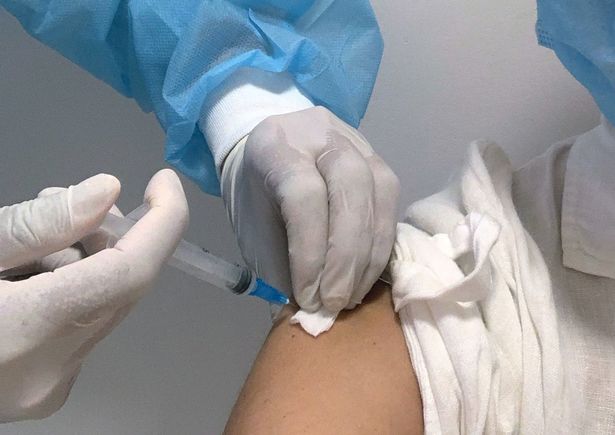We all know that the vaccines being delivered around the world right now work by protecting us from getting Covid. But what we still don’t know is whether they’ll also prevent us transmitting the virus to others.
We simply don’t have enough public health data to answer the important question of transmission yet. In fact the way a vaccine generates antibodies in the body is so complex it could take years to answer that.
Vaccines actually trick the immune system into making antibodies for an infection before you get it.
Antibodies can then attack the actual virus when it enters your body before it has a chance to multiply into a full-blown infection.
It would seem Covid-19 vaccines stimulate the body to produce a class of antibodies called immunoglobulinG, or IgG antibodies, explains Matthew Woodruff, an immunologist at Emory University, Atlanta, US.
He describes IgG antibodies as thugs that react swiftly to all kinds of bacteria and viruses. But while they make up the bulk of our antibodies, they’re confined to our inner organs, such as muscles, blood and the lungs. But we also have another kind of antibody produced by our immune system, antibodies that deal with invaders as they enter the body from the outside and it could be even more important.

Spaces like the nose, the throat, the lungs and digestive tract rely on another antibody, immunoglobulin A, or IgA antibodies. As yet, we don’t know how vaccines incite IgA antibodies that protect you as you breathe, eat, drink and touch your face. As the result of a Covid infection, your body manufactures huge amounts of these more-specialised IgA antibodies. Because they’re on the same respiratory surfaces that transmit coronavirus, it’s logical to assume people who recover from Covid aren’t spreading it any more.
It will probably take years for research to reveal how well vaccines can prevent Covid transmission.
But there’s another yardstick to tell if a vaccine is stopping a person from transmitting it. Community spread – the number of new cases.
If numbers are rising, the virus is being passed on, if they’re falling, it isn’t spreading. Vaccines are working.
As Woodruff says: “I can’t imagine how the vaccine would prevent symptomatic infection at the efficacies that trials reported and have no impact on transmission.”
So we’ll have to wait to know for certain if people who got the vaccine can still transmit the virus.
And it’s vital that, even after receiving both doses of the vaccine, everyone wears masks, practices social distancing and washes their hands when around those who haven’t been vaccinated – just in case.
